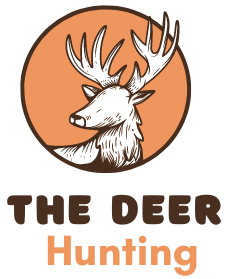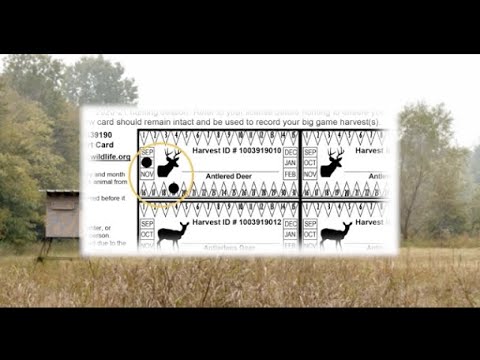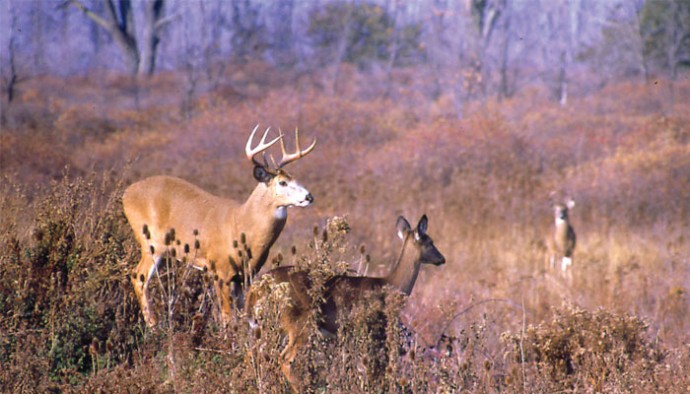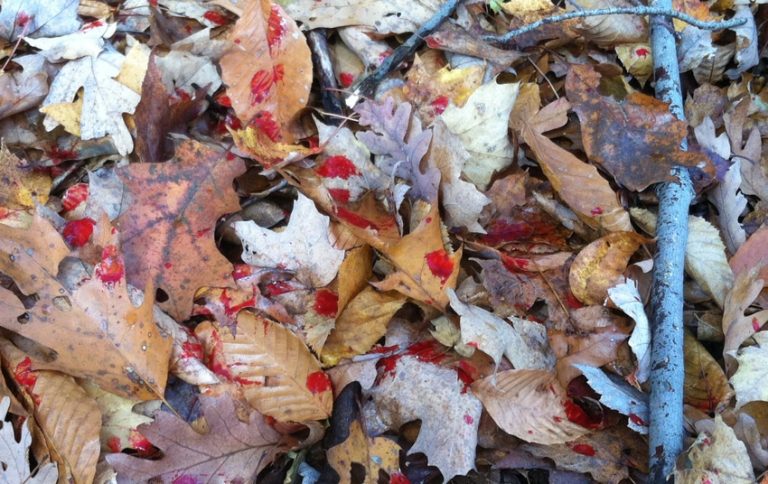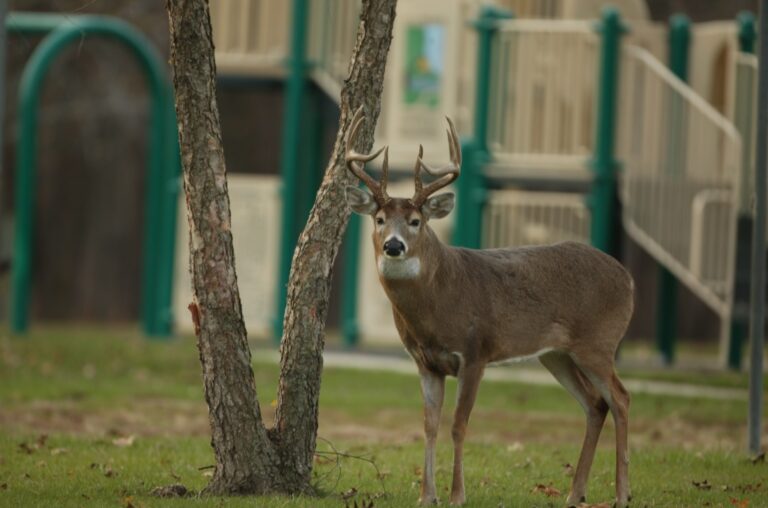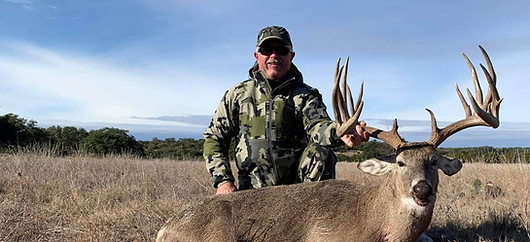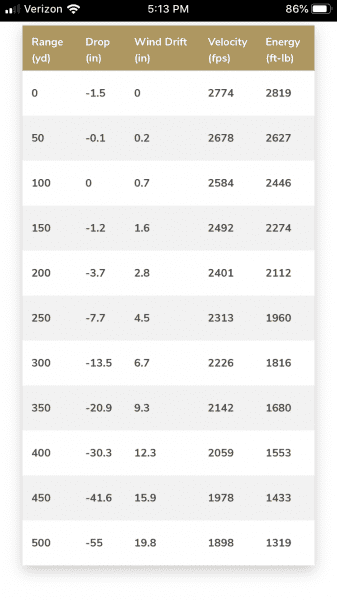North Carolina Deer Hunting License: Your Ultimate 2025 Guide
Deer hunting in North Carolina is a cherished tradition. To participate, a hunting license is essential.
Understanding the process of obtaining a North Carolina deer hunting license can seem challenging. This guide aims to simplify it for you. Whether you’re a seasoned hunter or a beginner, knowing the rules and requirements is crucial. In this blog post, we’ll explore everything you need to know about getting your deer hunting license in North Carolina.
From the application process to the types of licenses available, we’ve got you covered. So, let’s dive in and ensure you are ready for the hunting season.
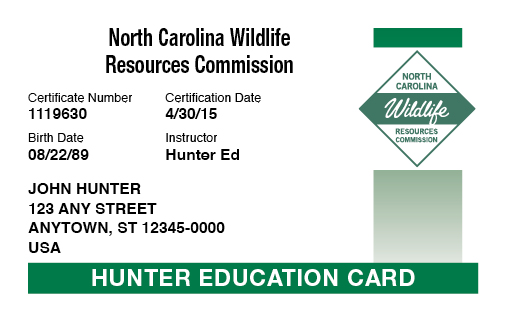
Credit: www.huntercourse.com
Introduction To North Carolina Deer Hunting
Deer hunting in North Carolina offers a unique and thrilling experience. This state boasts diverse landscapes and a rich hunting tradition. Whether you’re a seasoned hunter or a beginner, North Carolina welcomes you. The state’s regulations ensure sustainable hunting practices and a balanced deer population.
Why Hunt Deer In North Carolina?
North Carolina has abundant deer populations. The varied terrain, from coastal plains to mountainous regions, provides excellent hunting grounds. Hunters appreciate the challenge and excitement of pursuing deer in these diverse environments. The state’s climate supports long hunting seasons, allowing ample opportunities for success.
Additionally, North Carolina’s commitment to conservation ensures a healthy deer population. The state implements effective wildlife management practices. This dedication to sustainability benefits both the deer and the hunters. It’s a win-win situation.
Key Hunting Seasons
North Carolina offers several deer hunting seasons. These seasons cater to different hunting methods and preferences. The archery season usually starts in early September. It provides a chance for bowhunters to get an early start. Muzzleloader season follows, typically beginning in early October. This season bridges the gap between archery and gun hunting.
Gun season is the most popular. It usually starts in mid-November and extends into January. Each season has specific regulations and dates, so it’s crucial to check the latest guidelines. Understanding these seasons helps hunters plan their trips effectively.
Types Of Deer Hunting Licenses
Understanding the types of deer hunting licenses in North Carolina is crucial for hunters. Each license type caters to different needs and eligibility criteria. Knowing these can help you choose the right one. This guide will help you understand the various types of deer hunting licenses available.
Resident Vs. Non-resident Licenses
North Carolina offers different licenses for residents and non-residents. Residents are people who live in North Carolina for at least six months. Non-residents are people who live outside the state. Resident licenses are generally cheaper than non-resident licenses. This makes hunting more affordable for locals. Non-residents often pay more to hunt in North Carolina.
Special Permits
Special permits are available for certain hunting activities. These permits may be required for hunting in specific areas. They can also be needed for using certain weapons. Some permits allow hunting during special seasons. These permits ensure the safety and regulation of hunting activities. Always check if you need a special permit before hunting.
How To Apply For A License
Getting a North Carolina deer hunting license is simple. This guide explains how to apply. You can apply online or in person. Choose the method that suits you best.
Online Application Process
The easiest way to apply is online. Follow these steps:
- Visit the North Carolina Wildlife Resources Commission website.
- Create an account or log in if you have one.
- Fill out the application form with your details.
- Upload any required documents, like proof of residency.
- Pay the application fee using a credit or debit card.
- Submit your application and print your temporary license.
Your official license will be mailed to you. This process is quick and efficient. You can do it from home.
In-person Application
Prefer a face-to-face approach? Apply in person. Here’s how:
- Find a nearby Wildlife Service Agent. Use the Service Agent Locator on the NC Wildlife website.
- Gather necessary documents, like ID and proof of residency.
- Visit the agent and fill out the application form.
- Pay the fee with cash, check, or card.
The agent will process your application. You’ll get a temporary license on the spot. The official one will arrive by mail.
Both methods are straightforward. Choose the one that fits your needs.

Credit: www.eregulations.com
License Fees And Costs
North Carolina offers a rich deer hunting experience, but obtaining the proper license is essential. Understanding the license fees and costs can help you plan your hunting trip better. This section will break down the fees and payment methods associated with North Carolina deer hunting licenses.
Breakdown Of Fees
The cost of a deer hunting license in North Carolina varies based on several factors. Below is a detailed breakdown:
| License Type | Resident Fee | Non-Resident Fee |
|---|---|---|
| Annual Hunting License | $25 | $100 |
| Big Game Permit | $13 | $50 |
| Deer Management Assistance Program (DMAP) | $5 | $5 |
| Comprehensive Hunting License | $50 | $200 |
Payment Methods
North Carolina offers various payment methods to make obtaining a hunting license convenient. Here are the options:
- Online Payment: Use a credit or debit card through the official wildlife website.
- In-Person: Visit a local wildlife service agent or authorized retailer.
- By Mail: Send a check or money order to the wildlife commission’s office.
Choosing the right license type and understanding the fees involved ensures a smooth hunting experience. Plan ahead and be aware of the payment options available to avoid last-minute hassles.
Hunting Regulations And Laws
North Carolina deer hunting laws ensure fair hunting and wildlife conservation. Hunters must follow specific rules and regulations. This maintains a balance between wildlife and hunting activities.
Bag Limits And Restrictions
Bag limits control the number of deer hunters can take. Each hunter has a seasonal bag limit. This limit varies by region. Hunters must check local regulations before hunting. There are also specific limits on antlered and antlerless deer. Exceeding these limits can lead to penalties.
Legal Hunting Methods
Legal hunting methods include firearms, archery, and muzzleloaders. Hunters must use approved weapons during the season. They should also follow safety guidelines. Using illegal methods can result in fines and loss of hunting privileges.
Hunting hours are also regulated. Deer hunting is allowed from half an hour before sunrise to half an hour after sunset. Night hunting is prohibited. Hunters need to be aware of these time restrictions.
Best Hunting Spots In North Carolina
Exploring the best hunting spots in North Carolina can be thrilling. The state offers diverse terrains and abundant wildlife. From dense forests to open fields, North Carolina has it all. Whether you prefer public or private lands, the state caters to all hunting preferences.
Public Hunting Lands
Public hunting lands in North Carolina provide accessible options for hunters. The Pisgah National Forest is a popular choice. This area spans over 500,000 acres and offers various game species. You can hunt deer, turkey, and small game here.
The Uwharrie National Forest is another excellent spot. Covering 50,000 acres, it offers diverse hunting opportunities. It is known for its ample deer population. With well-maintained trails, it is easy to navigate and explore.
Private Hunting Areas
Private hunting areas offer exclusive experiences. They often have managed habitats, leading to healthier game populations. Many private lands provide guided hunts. This can enhance your hunting experience, especially for beginners.
One such area is The Fork Farm and Stables. Located in Norwood, it spans over 1,600 acres. It offers a serene hunting environment. You can hunt deer, quail, and other game here.
Another notable private spot is the Red Oak Plantation. Situated in Scotland Neck, it is known for its deer hunts. The plantation provides a controlled and sustainable hunting experience.
Essential Gear For Deer Hunting
Deer hunting in North Carolina is an exciting outdoor activity. To make your hunt successful, having the right gear is crucial. This guide will walk you through the essential gear needed for deer hunting. Let’s explore the recommended firearms and bows, and the necessary clothing and accessories.
Recommended Firearms And Bows
Choosing the right weapon is vital for a successful hunt. Here are some recommendations:
| Type | Recommendation |
|---|---|
| Rifles | 30-06 Springfield, 270 Winchester |
| Muzzleloaders | 50 Caliber Muzzleloader |
| Shotguns | 12-gauge with slugs |
| Compound Bows | Mathews VXR, Bowtech Revolt |
| Crossbows | Excalibur Matrix, Ravin R20 |
Clothing And Accessories
Proper clothing and accessories ensure comfort and safety. Here is a checklist:
- Camo clothing: Choose patterns that blend with the environment.
- Insulated boots: Keep your feet warm and dry.
- Gloves: Protect your hands from the cold.
- Safety harness: Essential if you hunt from a tree stand.
- Backpack: Carry extra gear and supplies.
- Binoculars: Spot deer from a distance.
- Rangefinder: Measure the distance to your target.
Be prepared with the right gear and enjoy your hunting trip in North Carolina. Good luck!
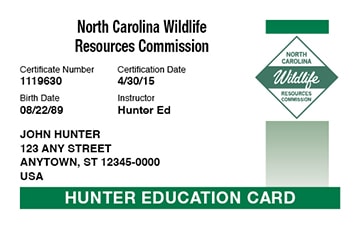
Credit: www.hunter-ed.com
Safety Tips For Hunters
Hunting in North Carolina can be a thrilling experience. However, safety should always come first. Following the right safety measures ensures a successful hunt and protects everyone involved. Here are some essential safety tips for hunters.
Hunter Education Courses
Enrolling in a hunter education course is crucial. These courses teach you the basics of hunting safety, wildlife conservation, and ethical practices. North Carolina offers several options for these courses.
- Online courses: Flexible and convenient.
- In-person classes: Hands-on experience and direct interaction with instructors.
- Combination courses: A mix of online and in-person learning.
Completing a hunter education course is often required to get a hunting license. It helps you understand the rules and regulations, ensuring a safe hunting season.
Emergency Preparedness
Being prepared for emergencies is vital. Always carry a well-stocked first aid kit. Knowing basic first aid can be a lifesaver in the wilderness.
Keep a communication device with you. A mobile phone, walkie-talkie, or satellite phone can help you stay connected. Make sure your device is fully charged before heading out.
Plan your hunt and share your plan with someone you trust. Include details like your location, duration, and expected return time. This helps in case of emergencies.
Familiarize yourself with the hunting area. Know the terrain, weather conditions, and any potential hazards. This knowledge can prevent accidents and keep you safe.
| Emergency Gear | Purpose |
|---|---|
| First Aid Kit | Treat minor injuries |
| Communication Device | Stay connected |
| Map and Compass | Navigate the area |
| Fire Starter | Warmth and signaling |
Remember, safety is the key to a successful hunt. Stay informed, be prepared, and enjoy your hunting experience in North Carolina.
Tips For A Successful Hunt
Deer hunting in North Carolina can be a rewarding experience. To increase your chances of success, it is essential to prepare well. This section will cover valuable tips that can help you have a successful hunt. From scouting and tracking deer to field dressing and processing, these tips will guide you.
Scouting And Tracking Deer
Begin by studying the area where you plan to hunt. Look for signs of deer activity, such as tracks, droppings, and rub marks on trees. Use trail cameras to monitor deer movement patterns. This will help you understand where deer are likely to be at different times of the day.
Pay attention to the wind direction. Deer have a strong sense of smell and can detect human scent from a distance. Position yourself downwind to avoid being detected. Move quietly and slowly to avoid alerting the deer.
Field Dressing And Processing
Once you have successfully harvested a deer, field dressing is the next crucial step. This process involves removing the internal organs to preserve the meat. Use a sharp knife and work carefully to avoid puncturing the stomach or intestines.
After field dressing, it is essential to cool the meat as quickly as possible. Hang the deer in a cool, shaded area and allow it to drain. This will help prevent spoilage and maintain the quality of the meat.
Finally, take the deer to a processing facility or butcher it yourself. Properly processed meat will ensure you have delicious venison to enjoy for months to come.
Frequently Asked Questions
How Do I Get A Deer Hunting License In Nc?
To get a deer hunting license in North Carolina, visit the NC Wildlife Resources Commission website. You can apply online or in person. Ensure you meet the age and education requirements.
What Are The Hunting Season Dates In Nc?
The deer hunting season in North Carolina typically runs from September to January. Exact dates can vary by region, so check the NC Wildlife Resources Commission website for specifics.
How Much Does A Nc Deer Hunting License Cost?
The cost of a deer hunting license in North Carolina varies. For residents, it typically costs around $25. Non-resident fees are higher. Additional permits may also be required.
Can I Hunt Deer On Public Land In Nc?
Yes, you can hunt deer on public lands in North Carolina. Make sure to check specific regulations and obtain necessary permits. Public hunting lands are managed by the NC Wildlife Resources Commission.
Conclusion
Securing a North Carolina deer hunting license is essential for a great hunting experience. Follow the rules, respect the wildlife, and enjoy the hunt. Preparation is key. Make sure to have all necessary gear. Stay informed about seasonal regulations. Safe hunting practices protect both hunters and deer. In addition to adhering to North Carolina’s guidelines, it’s beneficial for hunters to familiarize themselves with neighboring state laws, such as the Pennsylvania deer hunting regulations, if planning to hunt across state lines. Understanding these regulations not only ensures compliance but also enhances the overall hunting experience by fostering responsible practices. Always remember that conservation efforts rely on every hunter’s commitment to ethical and sustainable hunting.
Always hunt responsibly. Happy hunting in North Carolina!
